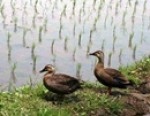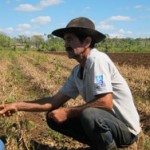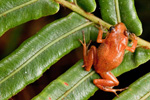Harm Not those Strangers that Pollinate
By Morgan Kelly, Seed Daily | Commentary by Dady Chery, Haiti Chery. Invasive non-native species, such as rodents who pollinate plants, can become essential to ecosystems, according to a discovery that could change how scientists and governments approach the restoration of natural spaces.
Continue reading →






